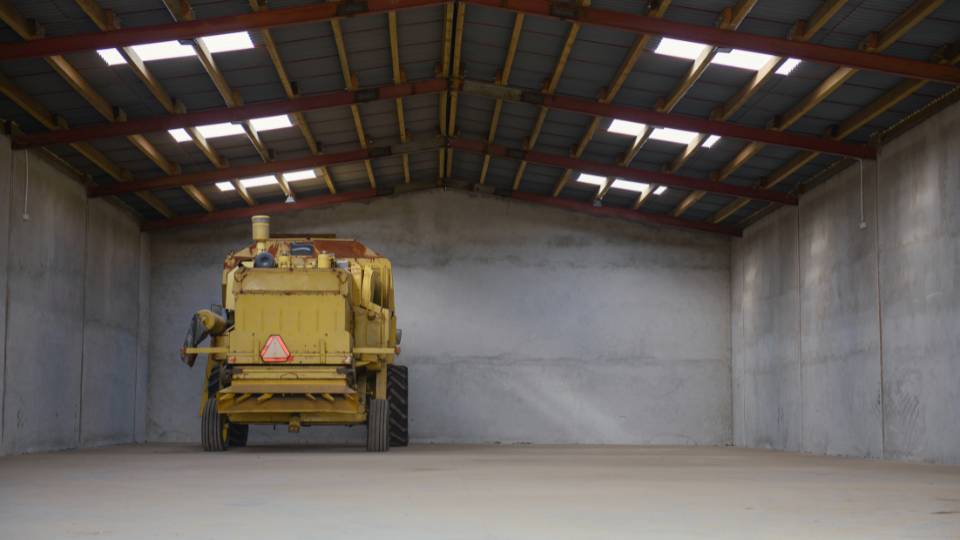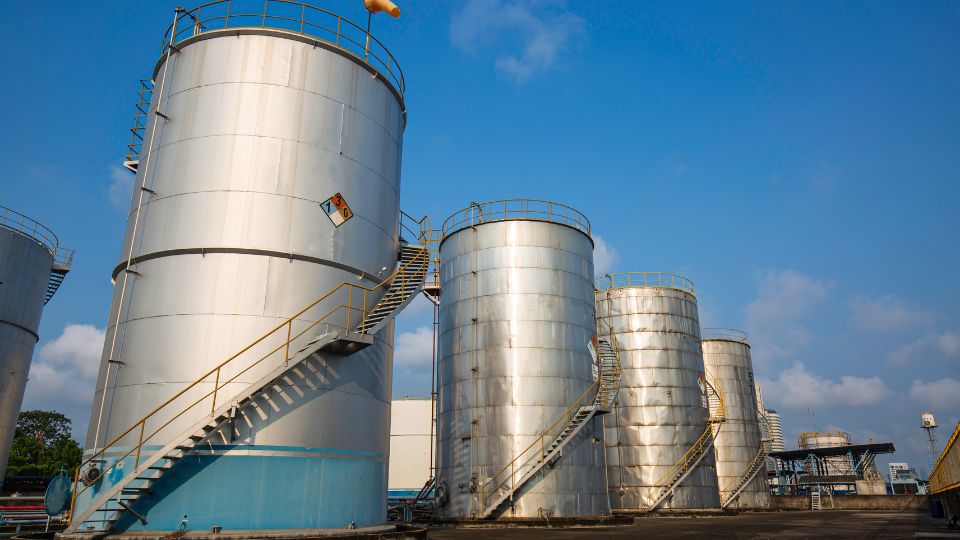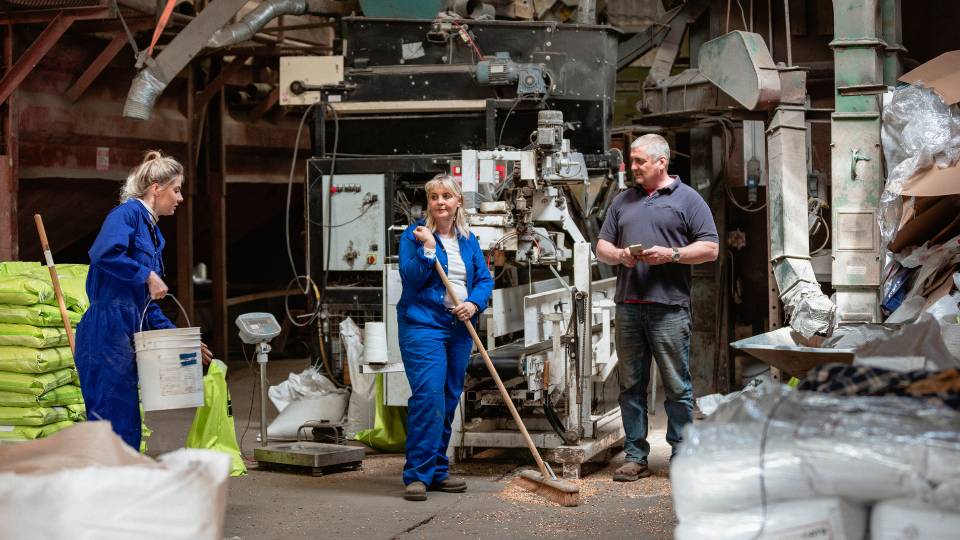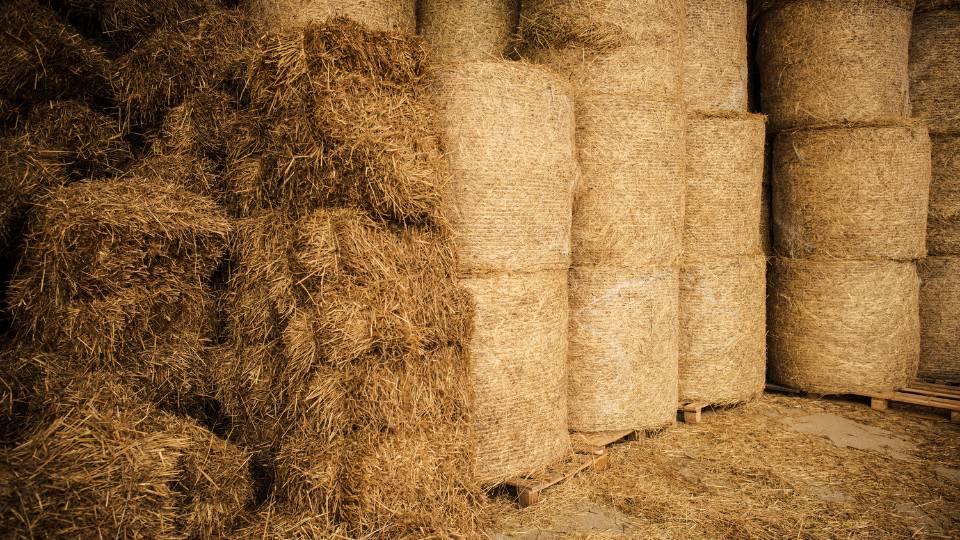
Storing farm waste effectively is crucial for maintaining a sustainable and productive agricultural environment.
In the UK, proper storage of farm waste not only helps in compliance with environmental regulations but also enhances the farm’s overall efficiency and reduces pollution.
This blog will guide you through the best practices for storing various types of farm waste!
Table of Contents
- Why Proper Farm Waste Storage Matters
- Types of Farm Waste and Storage Solutions
- Interesting Facts about Farm Waste Storage in the UK
- Conclusion

Why Proper Farm Waste Storage Matters
Proper storage of farm waste is essential for several reasons:
- Environmental Protection: Prevents contamination of soil and water resources.
- Regulatory Compliance: Adheres to UK environmental laws and regulations.
- Resource Efficiency: Facilitates recycling and proper disposal, turning waste into valuable resources.

Types of Farm Waste and Storage Solutions
There are lots of different types of farm waste storage solutions to choose from:
Organic Waste (Manure and Crop Residue)
- Composting: One of the most effective ways to handle organic waste. Ensure compost piles are covered to prevent nutrient runoff.
- Manure Storage Facilities: Use covered and lined storage areas to prevent leaching and contamination of groundwater.
Chemical Waste (Pesticides and Fertilisers)
- Secure Storage: Store chemicals in dedicated, well-ventilated buildings with impervious floors to prevent spills and leaks.
- Labeling and Segregation: Clearly label all chemicals and keep them segregated to avoid dangerous interactions.
Plastic Waste (Packaging and Silage Wraps)
- Recycling: Participate in farm plastic recycling programs available across the UK.
- Proper Disposal: Ensure non-recyclable plastics are disposed of according to local waste management guidelines.
Animal By-Products
- Rendering: Use rendering services for carcass disposal to prevent disease spread and environmental contamination.
- On-site Burial: If allowed, follow specific guidelines to prevent groundwater contamination.

Interesting Facts about Farm Waste Storage in the UK
- The UK generates over 100 million tonnes of agricultural waste annually, with a significant portion being recyclable organic matter.
- Composting can reduce farm waste volume by up to 50%, turning it into valuable soil conditioner.
- Proper management of farm waste can reduce greenhouse gas emissions from the agricultural sector, contributing to the UK’s climate goals.

Conclusion
Proper storage and management of farm waste are vital for environmental protection, regulatory compliance, and efficient resource use.
By following best practices and staying informed about legal requirements, UK farmers can significantly reduce the environmental impact of their operations while enhancing farm sustainability.







